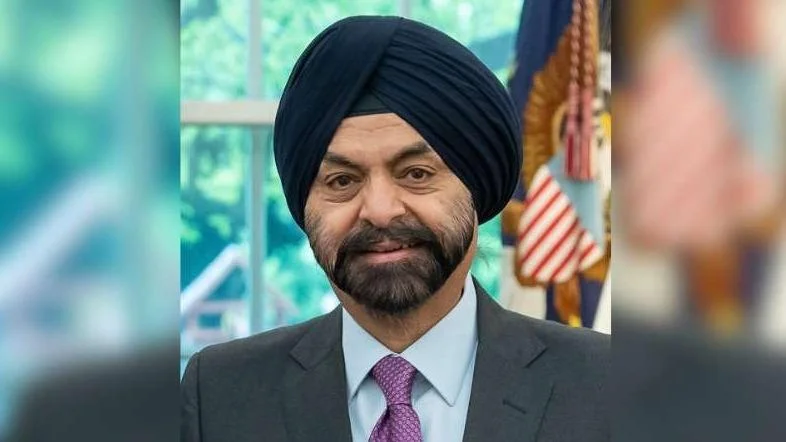The World Bank Group has approved a $200 million credit from the International Development Association for the Guinea Water and Sanitation Project. The project, spanning from 2025 to 2031, focuses on improving access to drinking water services in Conakry, enhancing organizational performance of water and sanitation bodies, and supporting infrastructure development for water production and distribution. A recovery plan for the Guinea Water Company (SEG) and the strengthening of governance and WASH facilities in schools are also part of the objectives.
Financing for the project includes a $15 million contribution from the Guinean government, a €220 million loan from the European Investment Bank, and a €26 million grant from the European Union, totaling around $274 million. The Global Environment Facility will add $10.092 million, bringing the overall funding to approximately $499.092 million. All these resources will be integrated into a joint operation with shared institutional arrangements for implementation.
"We are committed to supporting Guinea in its efforts to transform its water and sanitation systems and improve access to drinking water for its population," remarked Issa Diaw, the World Bank Group Country Manager for Guinea.
The initiative promises to execute nature-based solutions in the Kankouré watershed and Gangan National Park, alongside improving integrated water resource management. A coordination unit will operate under the Ministry of Energy, Hydraulics, and Hydrocarbons (MEHH) to oversee these activities.
Aboubacar Camara, Minister of Energy, Hydraulics, and Hydrocarbons, stated, "The Guinea Water and Sanitation Project marks a major strategic turning point in our ambition to sustainably restructure drinking water and sanitation services."
The project is expected to benefit 2,612,467 people, including 572,200 individuals gaining access to drinking water for the first time and over 2 million receiving improved services. Moreover, 400 secondary schools will implement better hygiene practices and infrastructure. Technical assistance and capacity building will also be extended to several national institutions under the project framework.

